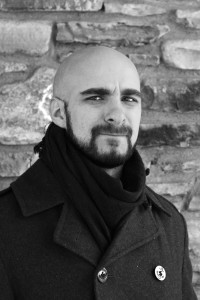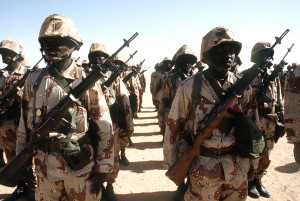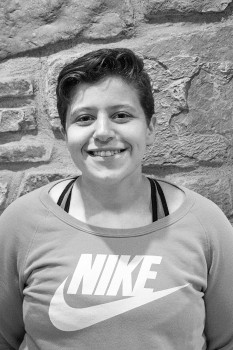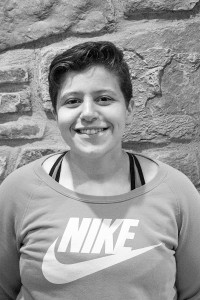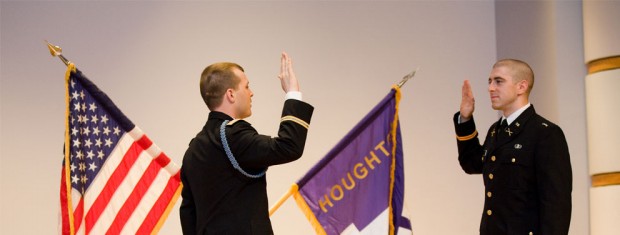When planning course loads each semester, not many of us anticipate learning land navigation or combat skills as possible syllabus expectations. However, for the Houghton students participating in the Army Reserve Officers’ Training Corps (ROTC), that’s exactly the type of schedule they can expect.
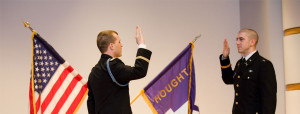
ROTC is a program designed for people interested in attaining a four year degree and serving in the U.S. Armed Forces. Cadet Elizabeth Groff ‘19 said of her choice to participate in ROTC, “I thought it was really cool that while you’re learning your [academic], you can also earn your military degree.” Groff went on to discuss the important skills students develop, such as leadership training and self-discipline, while simultaneously building their resumes and looking forward to the possibility of a scholarship. Speaking of the physical portion of the program, she also commented, “I’m learning the limits I can push myself to.”
There is no need to be a contracted military member; the classes are open to students of any discipline and there is no long-term commitment, although a military career is one possible outcome. For those continuing on with the military, they will graduate college and enter either the reserves or active duty as a second lieutenant.
Cadet Victoria Krisher ‘19, a contracted cadet who is interested in becoming an Army dentist, said her interest in ROTC began with her family history of military service. She said of her family heritage, “They always told me how their experiences [in the military] have shaped their lives, and a lot of their experiences were sort of instilled in how I was raised.” She continued, “I didn’t want a normal job. I wanted to make a difference, make an impact.”
According to Houghton’s website, Houghton is part of the Seneca Battalion, which is hosted by St. Bonaventure University. Cadets travel to Bonaventure once a week for the lab component of their coursework, in which they do everything from battle drills to eight-mile rucks. Both Krisher and Groff described labs as an extremely valuable and portion of the program. Krisher stated that “in labs, we get to apply everything that we’ve learned.”
For anyone interested in joining ROTC, Groff assured that it is not too late and encourages students to talk to any of the cadets or to ROTC faculty advisor and psychology professor, John Van Wicklin. She said, “There’s really no applying [to ROTC]. I think what a lot of people don’t realize is that it’s an actual class… just tell your advisor you’d like to add it to your schedule.” It is possible to begin taking courses as late as junior year, so the timeframe for adding ROTC courses is quite broad. Groff also emphasized that there is no pressure to continue on with a ROTC or a military career if it is not a good fit for the individual. Personal growth and the development of leadership skills, however, are lifelong benefits of participating in ROTC.

